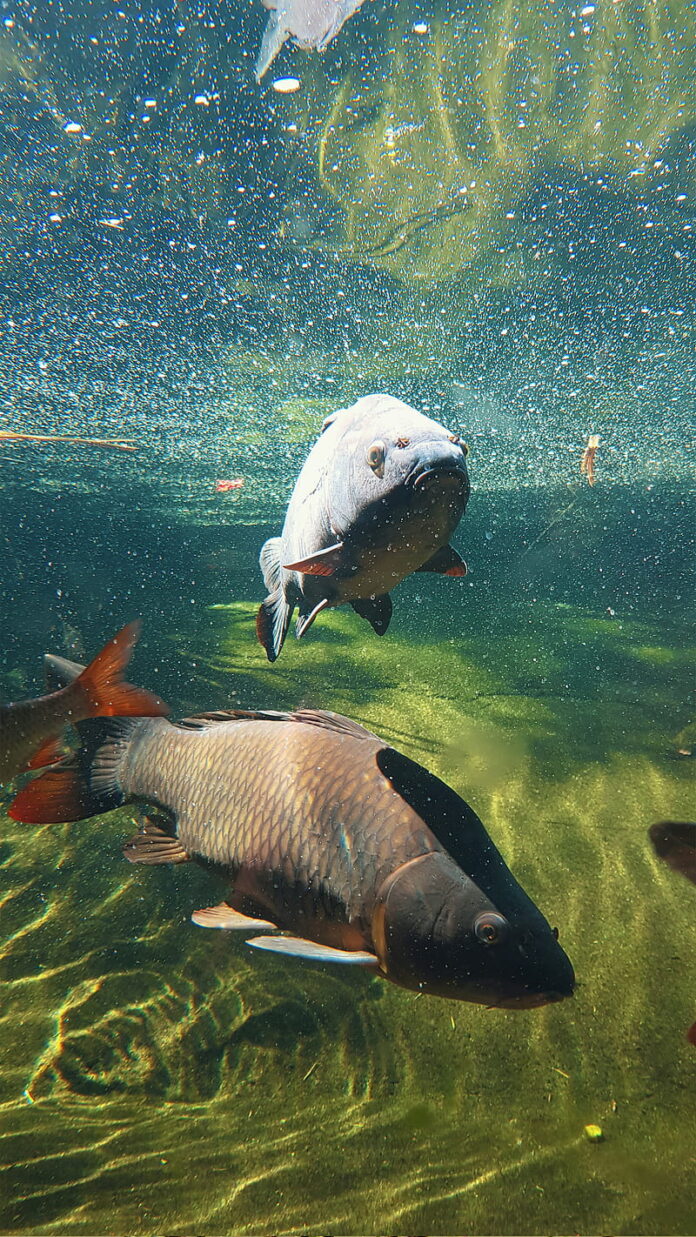The Kurdistan Regional Government (KRG) halts animal imports as part of a broader plan to support domestic livestock development. For over a year, the KRG Ministry of Agriculture has not imported any animals from abroad. This strategic decision comes amid efforts to stimulate local production and reduce the risk of disease transmission.
Rebaz Ismail, Director of the Animal Resources Department, confirmed the policy during a statement on July 30, 2025. He said the Ministry has not received any formal request from Baghdad to suspend imports. However, the KRG independently chose to stop importing live animals, particularly from Turkey and Europe.
According to Ismail, this move is in line with international health standards. Any country facing an animal disease outbreak is excluded from the list of potential exporters. “We prioritize the health of our livestock and the safety of our consumers,” he noted.
The KRG halts animal imports to encourage investment in local livestock industries. Rebaz Ismail highlighted several large-scale projects aimed at cattle farming and animal husbandry. These initiatives offer direct support to domestic producers. The Ministry has also created strategic plans to expand this sector.
By focusing on local production, the Ministry hopes to create more job opportunities. Additionally, it aims to supply higher-quality meat and dairy products across the region. These steps also contribute to the long-term revival of the livestock economy.
Recent data from Iraq’s Ministry of Agriculture shows over 16 million sheep, 1.3 million goats, and 1.8 million cows are currently present in Iraq. The numbers also include 462,000 buffalo and more than 200,000 cattle. However, the sector still faces challenges due to disease outbreaks.
Foot and mouth disease recently caused the death of over 500 sheep. Another viral illness, known as scabies, is also affecting herds. Infectious animal diseases remain a serious threat, with over 70 types reported in the region.
In response, the KRG halts animal imports as a preventive measure. This policy protects the region’s livestock while promoting sustainable domestic agriculture.


